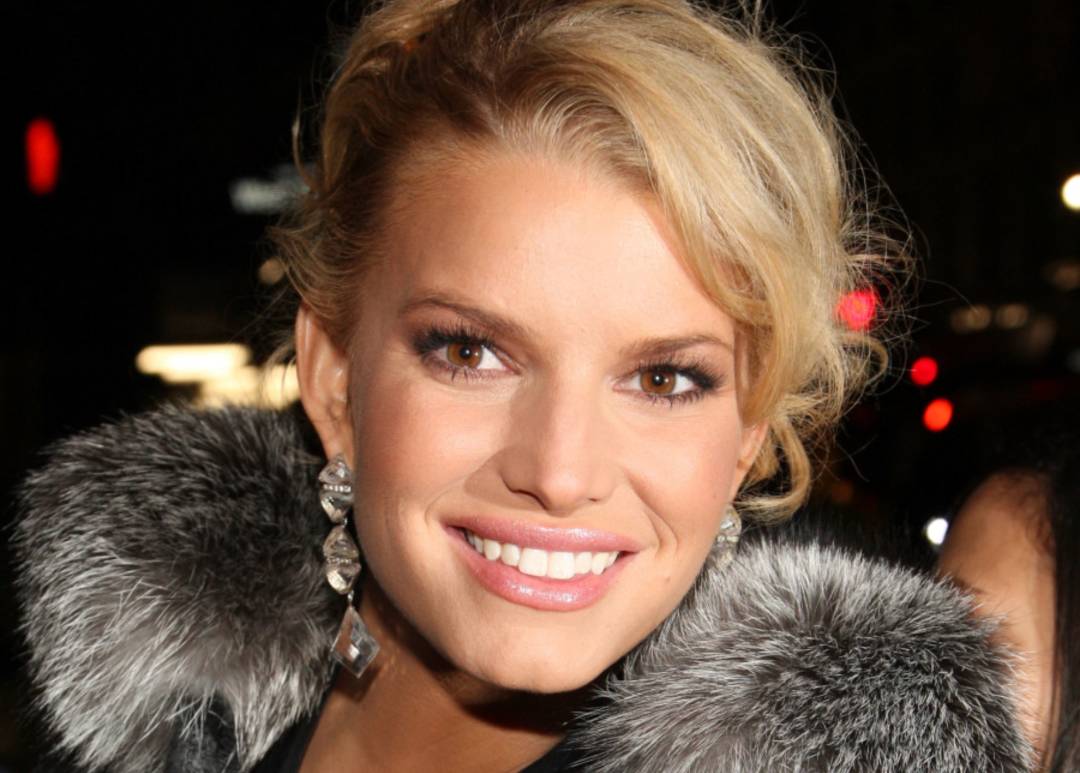
A curious trend exists: deodorants are top sellers in Western countries with mostly white populations but struggle in East Asia, where most people are of East Asian descent. The reason lies in biology—East Asians are less likely to have body odor, thanks to a specific gene.
The key is the ABCC11 gene, which helps mask body odor. Studies show only about 2% of Europeans carry this gene, while it is widespread among East Asians. In South Korea, the absence of ABCC11 is extremely rare, affecting just 0.006% of the population.
This genetic difference stems from how sweat glands function. Those without the ABCC11 gene produce sweat that, when broken down by bacteria, emits a stronger odor. For East Asians with the gene, such odor is far less noticeable.
As a result, deodorant use is not a daily necessity in East Asia. Stores stock fewer options, and marketing focuses less on odor control compared to Western markets, where it’s a personal care staple.





